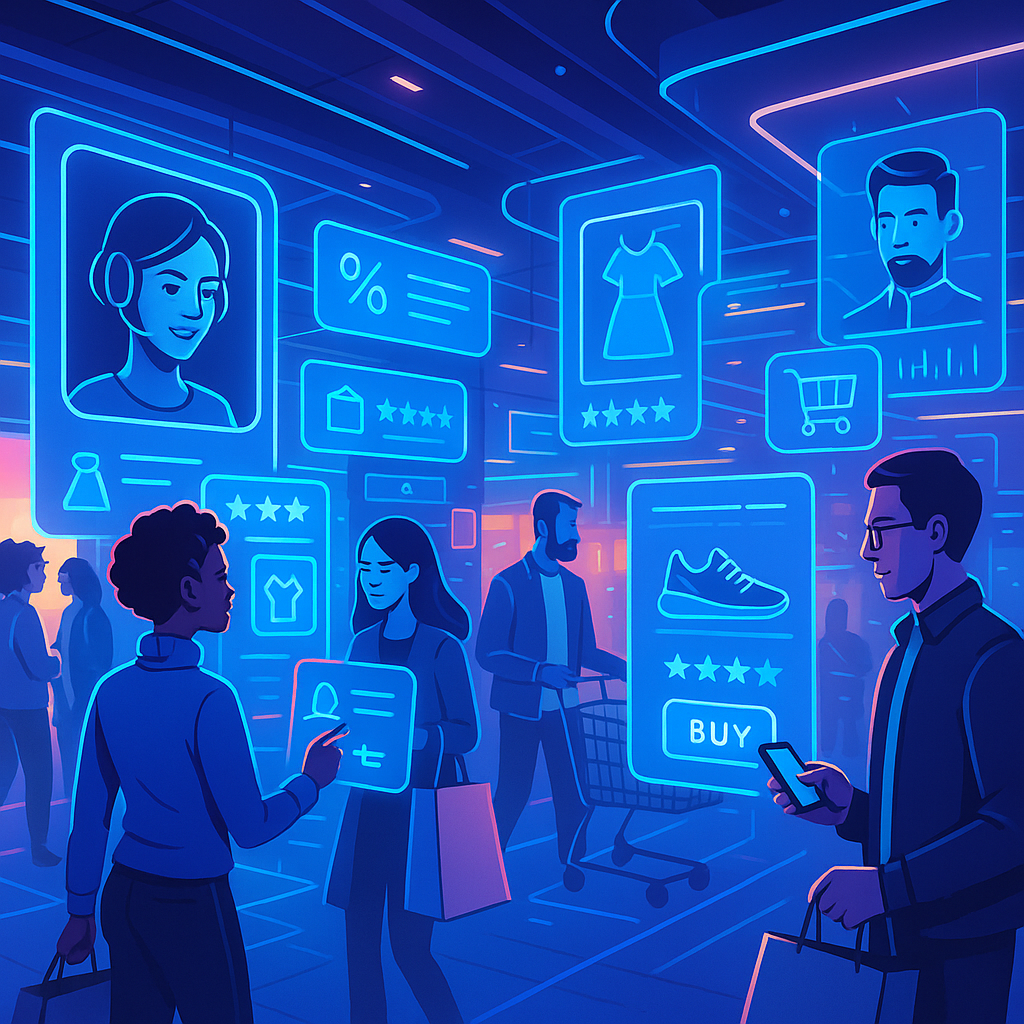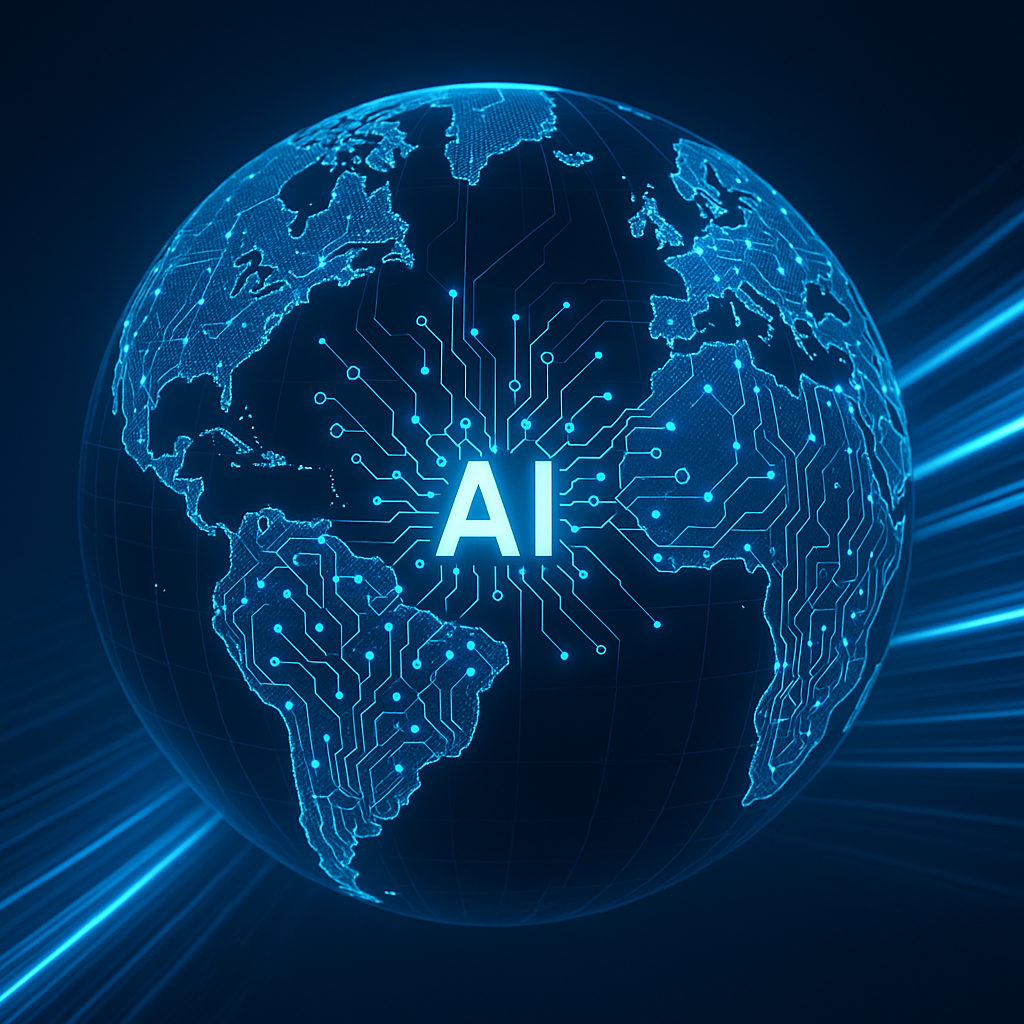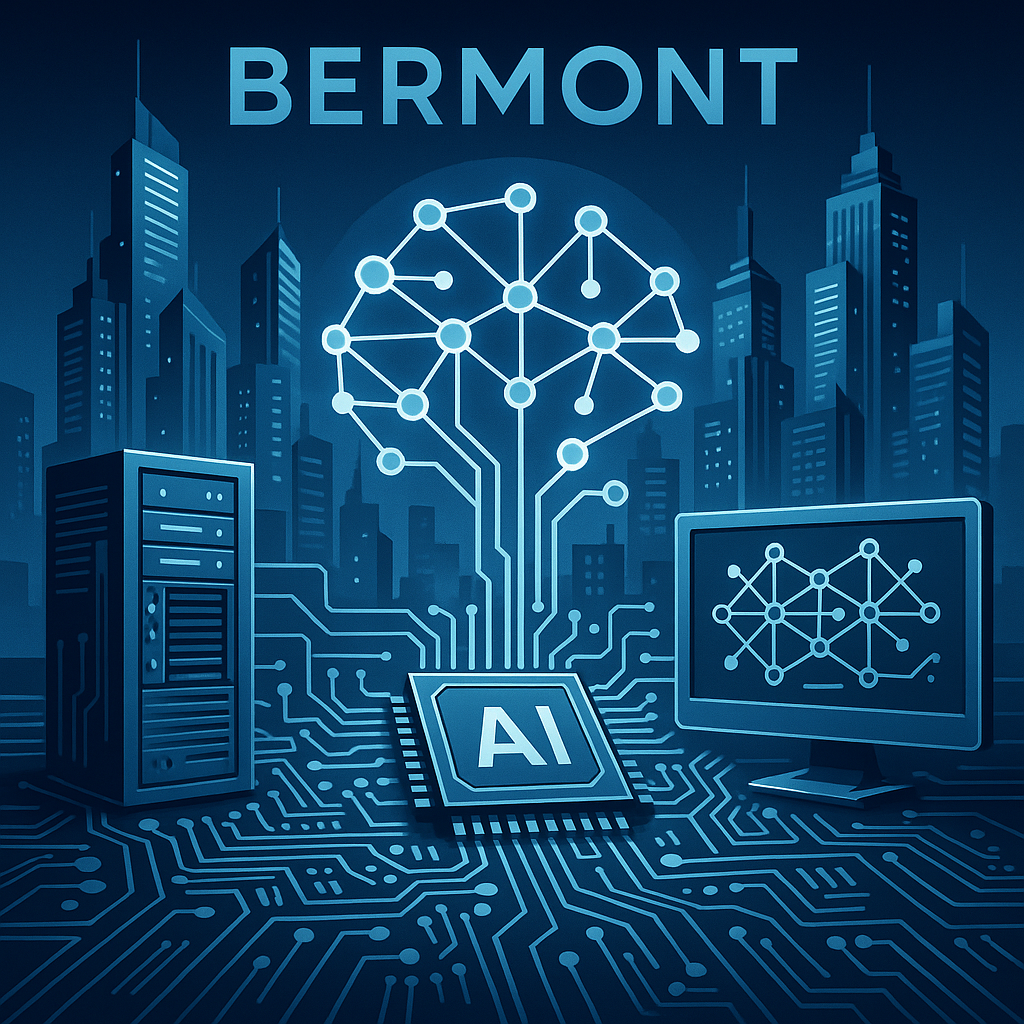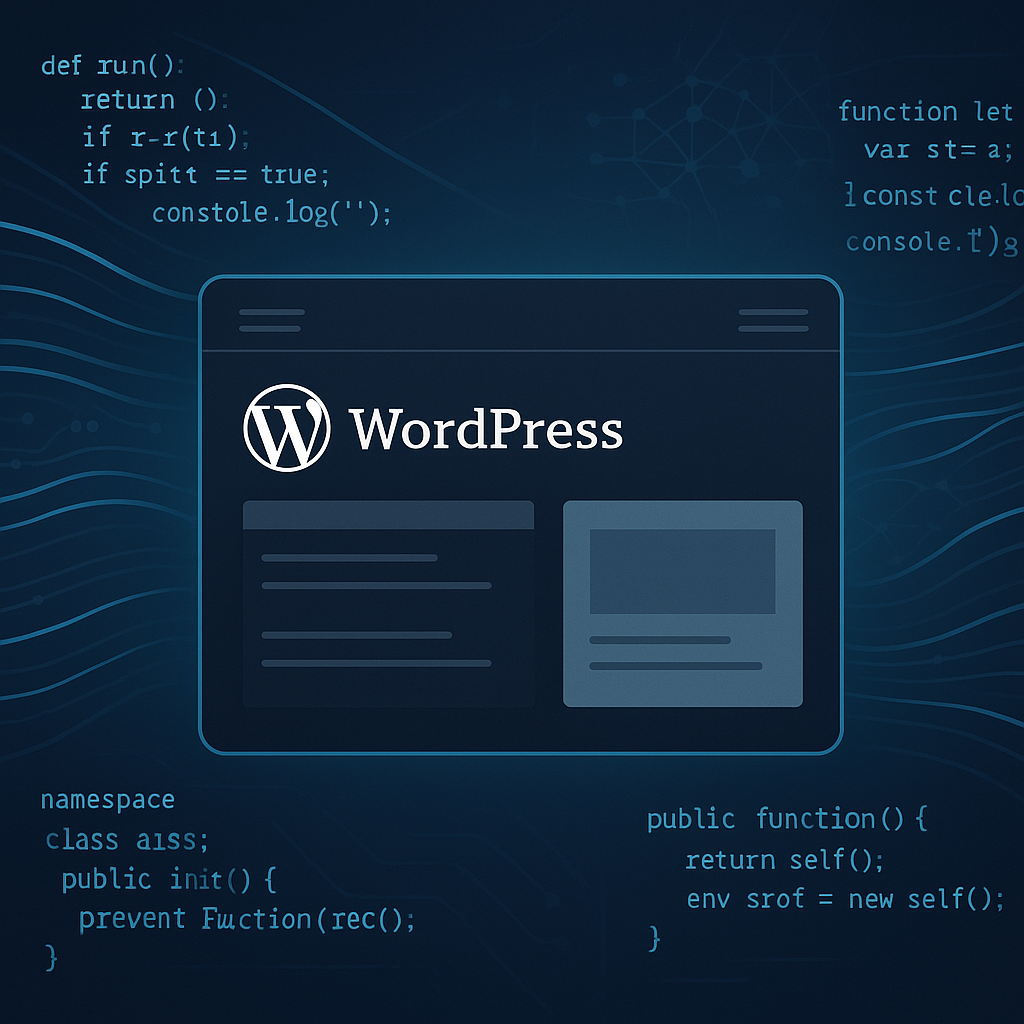
Shaping Ecommerce Marketing with AI Development Innovations
Introduction
In 2025, the ecommerce sector continues to experience rapid transformation fueled by advancements in artificial intelligence technologies. Ecommerce marketing, once reliant on traditional segmentation and static campaigns, now harnesses the dynamic, real-time power of AI to create hyper-personalized and efficient customer experiences. At the heart of this revolution are ai development companies, whose expertise in designing and implementing sophisticated AI systems is reshaping how brands engage shoppers online.
AI Development Companies: The Architects of Ecommerce Innovation
Ai development companies have evolved beyond simple automation providers; they are pioneers in crafting complex algorithms that learn, adapt, and predict consumer behavior. Their innovations enable ecommerce platforms to move from reactive to proactive marketing, anticipating customer needs and personalizing outreach with unprecedented precision.
These companies leverage technologies such as machine learning, natural language processing, and computer vision to create multi-dimensional marketing tools. By integrating vast datasets across customer touchpoints, AI models generate actionable insights that inform targeted advertising, content creation, and product recommendations.
Transformative Artificial Intelligence Technologies in Ecommerce Marketing
Hyper-Personalization Powered by Real-Time Data
Artificial intelligence technologies now enable ecommerce marketers to transcend traditional demographic segmentation. Ai development companies deploy AI engines that analyze browsing habits, purchase history, social media engagement, and real-time contextual cues (like weather or local events) to deliver uniquely tailored promotions.
For example, AI-driven recommendation engines dynamically curate product suggestions that evolve with each customer interaction. Retailers report significant uplifts in conversion rates—sometimes as high as 30%—when employing such hyper-personalized marketing strategies.
Conversational Commerce and Intelligent Chatbots
Advances in natural language processing by ai development companies have led to intelligent chatbots that transcend basic query response. These AI-powered assistants conduct complex conversations, guide customers through product discovery, and even upsell or cross-sell in real time.
This conversational commerce fosters a humanized shopping experience, increasing engagement and customer satisfaction. Multinational ecommerce platforms have deployed multilingual AI chatbots capable of nuanced interactions, breaking language barriers and expanding reach.
Predictive Analytics for Campaign Optimization
Artificial intelligence technologies can analyze past campaign performance to forecast future outcomes, enabling marketers to allocate budgets more effectively. Ai development companies integrate predictive analytics tools that scrutinize variables like timing, messaging, audience segments, and channel effectiveness.
Such insights allow marketing teams to optimize campaigns before launch, reducing wasted spend and maximizing ROI. For instance, predictive models help determine the optimal moment to send promotional emails to individual users based on their engagement patterns.
Dynamic Pricing and Inventory Management
AI-driven dynamic pricing algorithms adjust product prices in real time based on demand, competition, and inventory levels. Ecommerce businesses leveraging these technologies can maintain competitiveness while maximizing margins.
Simultaneously, ai development companies implement AI tools that forecast inventory needs, preventing stockouts or overstock situations that traditionally hamper marketing efforts. This synergy between marketing and supply chain AI ensures a seamless customer experience from discovery to delivery.
Case Studies: Real-World AI-Powered Ecommerce Marketing Success
Luxury Fashion Brand Elevates Customer Experience
A leading global luxury fashion e-tailer partnered with an ai development company to implement an AI-powered virtual stylist. This tool uses computer vision to analyze uploaded photos and recommend clothing tailored to user style and fit preferences. The campaign saw a 25% increase in engagement and a 20% rise in average order value.
Electronics Retailer Optimizes Marketing Spend with AI
An electronics ecommerce platform integrated predictive analytics to streamline its marketing campaigns. By identifying high-potential customer segments and optimal ad timing, the retailer improved click-through rates by 18% while reducing acquisition costs by 12%.
The Future Outlook: AI Development Companies as Strategic Partners
Looking ahead, ecommerce marketing will only deepen its reliance on artificial intelligence technologies, with ai development companies spearheading innovation. Emerging trends such as AI-generated content, augmented reality shopping powered by AI, and emotion detection for enhanced consumer insight are on the horizon.
Moreover, ethical AI development and data privacy considerations will become paramount, requiring companies to balance personalization with transparency and user trust.
Conclusion
Artificial intelligence technologies have ushered in a new era of ecommerce marketing defined by personalization, efficiency, and predictive insight. Ai development companies serve as the crucial bridge between innovation and application, crafting tools that empower ecommerce businesses to engage customers in meaningful ways at scale. As these technologies continue to evolve, their impact on ecommerce marketing strategies will only intensify, defining the next decade of online retail growth.







